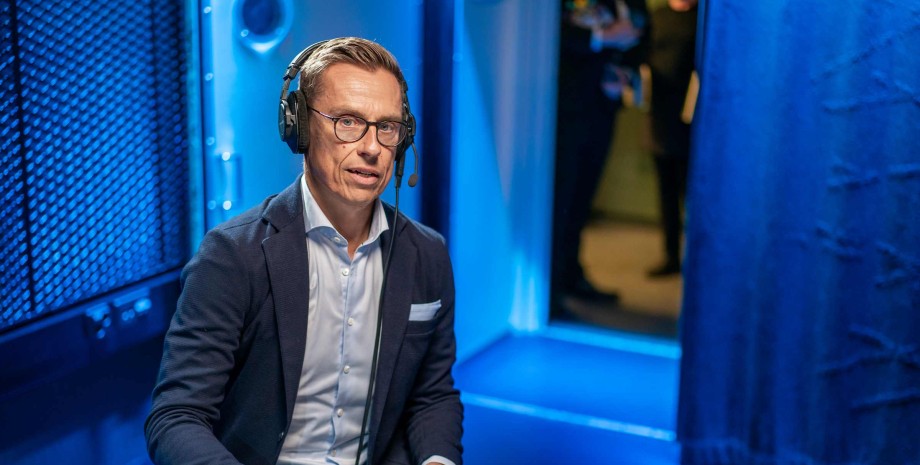
The Council consisting of five permanent members and ten countries (according to the terminology of the UN Statute - "non -permanent") are elected to the Council in accordance with the procedure provided for by the Charter. Permanent members of the Security Council are vetoed. The President recalled that the UN is intended to maintain peace around the world, but geopolitical rivalry has taken a deadlock from a number of issues - from Ukraine to Gaza.
Stubb stated in an interview on September 18 that he would offer to increase the number of permanent members from five to ten, adding another representative of Latin America, two representatives of Africa and two Asia. "No state must be vetoed in the UN Security Council," he said. The US, one of the five countries with a veto near Russia, China, France and the United Kingdom, also supported the provision of two permanent places in Africa.
Stubb stated that any member of the organization leading an illegal war is "similar to the one that Russia is currently leading in Ukraine" should be removed from office. Moscow justifies its invasion of Ukraine, arguing that it creates a buffer zone against Western aggression and captures the territory that historically belongs to Russia.
The President of Finland said that he knows that his proposals for the Security Council "go beyond what small UN member states are usually said," but added that otherwise large countries would not offer a weakening of his own influence. "Therefore, they only speak words, but do nothing specific," he said, adding that he hopes that others will help to advance the plan to the 80th anniversary of the UN next year.
Any changes in the Security Council must be approved by two thirds of the General Assembly, including five veto powers. "My basic idea is that if countries from the global south, from Latin America, Africa, from Asia will not have the power in the system, they will turn away from the United Nations. And we do not want it," he said.
The former Prime Minister of Finland and a member of the European Parliament, who entered the post of President in March, called for the support of President of Ukraine Vladimir Zelensky, who will serve the UN Assembly next week with his "Victory Plan". "He told us that 90% are already, and the 10% that he will provide is what he needed to win in this war," Stubb said.
He urged Western countries to remove the restrictions on the use of weapons transferred to Ukraine, which is why Ukraine will remain with one hand tied behind his back. " "We need to release this hand and allow Ukraine to do what Russia does with it," Stubb said, saying that he does not believe the threats of Russian President Vladimir Putin about nuclear escalation.
"For the last time, when we saw Putin using an aggressive language about nuclear weapons, the global south and China actually told Putin to stop," he reminded. Recall that the Council of the League of Nations, the UN predecessor, was constantly changing. From the very beginning, the League of Nations Council included four permanent participants: the United Kingdom, France, Italy, Japan and four non -permanent participants, which were elected meetings during the three -year period.
The first four non -permanent participants were Belgium, Brazil, Greece and Spain. The US should be the fifth permanent member, but the US Senate voted on March 19, 1920 against the ratification of the Treaty of Versailles, thus preventing the American participation in the League. In 1926, Germany joined four permanent members of the Council. In 1933, Germany and Japan left the League of Nations.
In 1934, the Soviet Union became a permanent member of the Council, which entered the League of the same year. In 1937, the League left Italy. In 1939, the Soviet Union was expelled from the League of Nations. Thus, from 1939 until the dissolution of the League of Nations in 1946, only 2 permanent members remained in the League Council: the United Kingdom and France. The reason for the abolition of the League of Nations was the inability to prevent and stop the Second World War.










All rights reserved IN-Ukraine.info - 2022